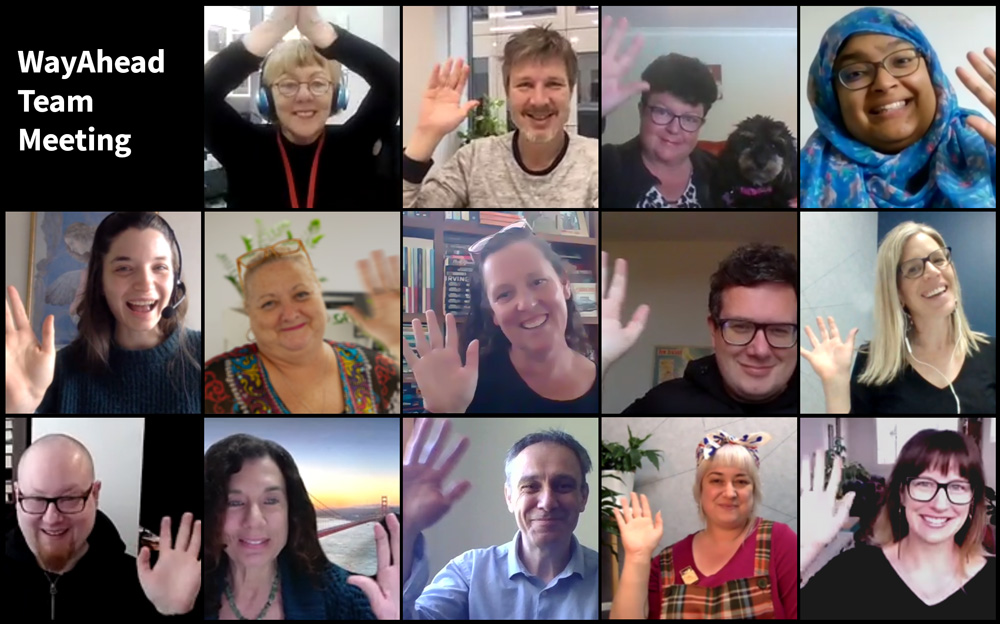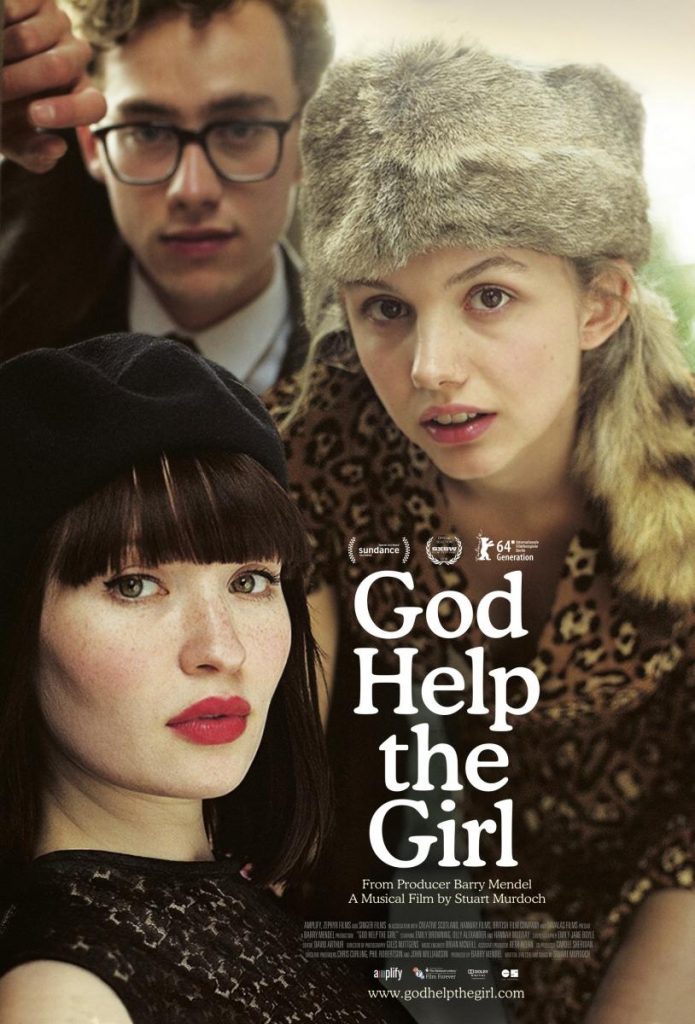“I read a book a day like an apple,
But I did not eat.
So the doctor came to me,
He said a woman does not live,
By the printed word.
Forgive yourself and eat.”
Down and Dusky Blonde
(God Help the Girl)
Anorexia is a challenging concept to address in any form of fiction. Yet it seems everyone has known someone who has lived or is living with some form of eating disorder.
Enter Stuart Murdoch’s (front man of cult Scottish band Belle and Sebastian) 2014 film, God Help the Girl. Starring Australian actress Emily Browning, the film centres on Eve, a young woman who has been hospitalised for anorexia but ‘escapes’, determined to pursue her love of music.
Along the way she meets university student James, who has had his own (mostly failed) band experiments, and rich girl Cassie, who wants to become a singer but has none of Eve’s innate talent. Together they spend the summer singing and learning how to live, eventually forming the band for which the film is named. Her friendship with James and Cassie and their nonjudgmental support of Eve is shown as a catalyst to her recovery and the music they create forms the backbone of this feature.
To call God Help the Girl a musical is inaccurate. That being said, it would be foolish to imagine that a film directed by one of the most loved musicians of the 21st century would not include an amazing score. The songs are both a part and separate from the story arch. In the band’s style, the music develops from the quiet, sad solo of “Pretty When the Wind Blows” to the louder ensemble piece “Down and Dusky Blonde.” And, in this way, they mimic Eve’s inner journey. The songs are catchy and melancholic, and Browning has a surprisingly strong voice that carries the music well.
There is something about its use of music that allows the film to delve deeper into the issues of anorexia and eating disorders than a standard feature can. Perhaps because music is such a universal medium that can convey an array of complex emotions into a few simple lines, allowing a view into the world of what it is like to live with this type of mental illness without making the audience feel like a voyeur.
It is hard to deny the influence of whimsical film-maker Wes Anderson in this piece – from the colour scheme of muted yellows and reds to the eccentricity of Eve’s costumes. Yet while paying tribute the film does not feel like a copy-cat. This could be due to the subject, which is a far grittier, and embedded in real life concerns, than Anderson’s work. Or, maybe it is the way the characters interact – creating a web of complex human emotion that has none of the distance or performance of other pieces. But mostly I feel it is because of the music.
Murdoch drew on his own experience with mental health issues and his friends’ experiences with eating disorders, as well as consulting various experts in the field to make sure that he gave an accurate and true representation of living with anorexia. And although not many of the scenes take place in the hospital, or indeed revolve solely around Eve’s anorexia, those that do seem to be carefully created to represent a realistic and unglamourised view of the illness.
This is not a children’s film – both in how it deals with mental illness and in relationships. But, for adolescents and adults, it’s a carefully crafted, clever, sometimes funny, sometimes sad portrayal of how mental illness can tear your life apart but how friends, and in this case music, can help rebuild it.
By Jean Roxon
About Eating Disorders
Eating disorders are serious and common.
According to the National Eating Disorders Collaboration, Eating disorders affect approximately 9% of the population.
Eating disorders have the highest mortality rate of any mental illness.
Eating disorders affect men. While “God Help the Girl portrays” the story of a woman, Eating disorders also affect men of all ages.
Eating disorders can affect anyone. They occur:
- Across all cultural and socio-economic backgrounds
- Amongst people of all ages, from children to the elderly
- In both men and women
If you are concerned that you or someone you know may have an eating disorder, please call the Butterfly Foundation Hotline: 1800 ED HOPE/ 1800 33 4673.

